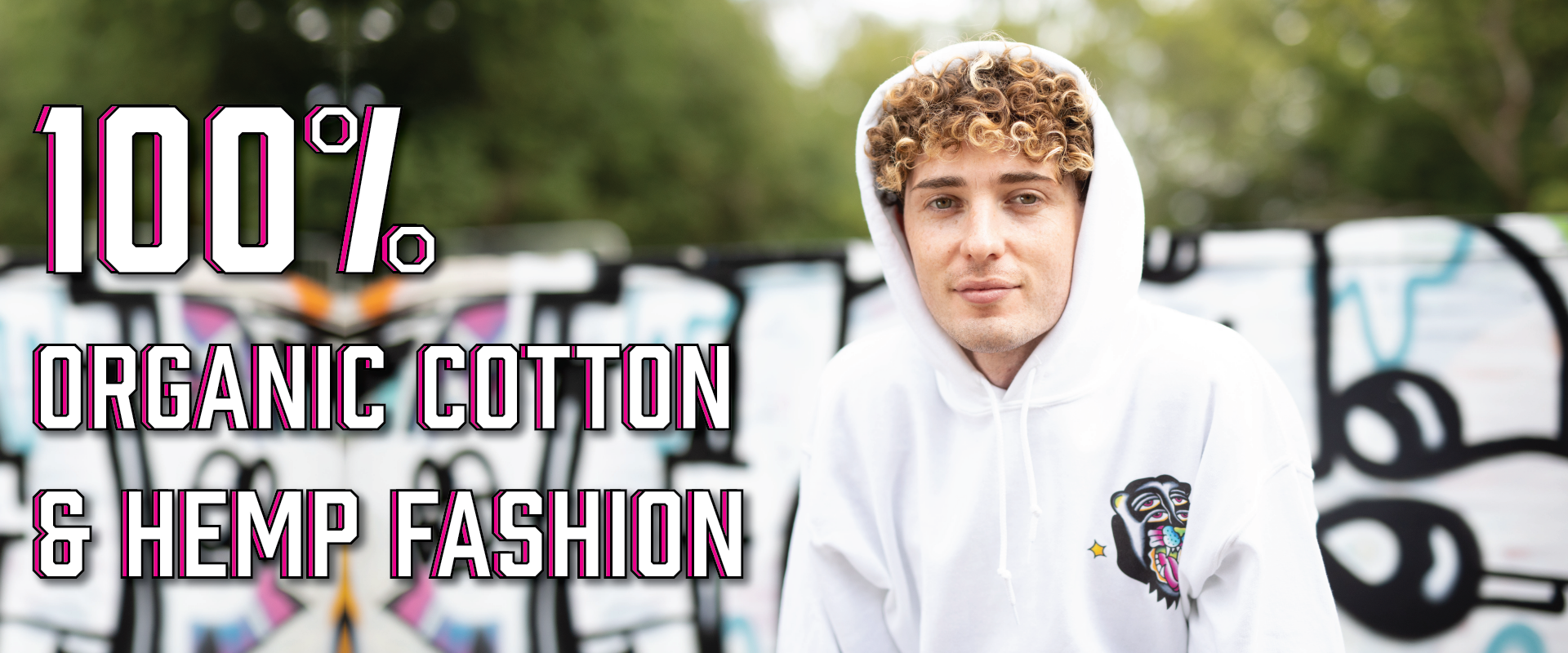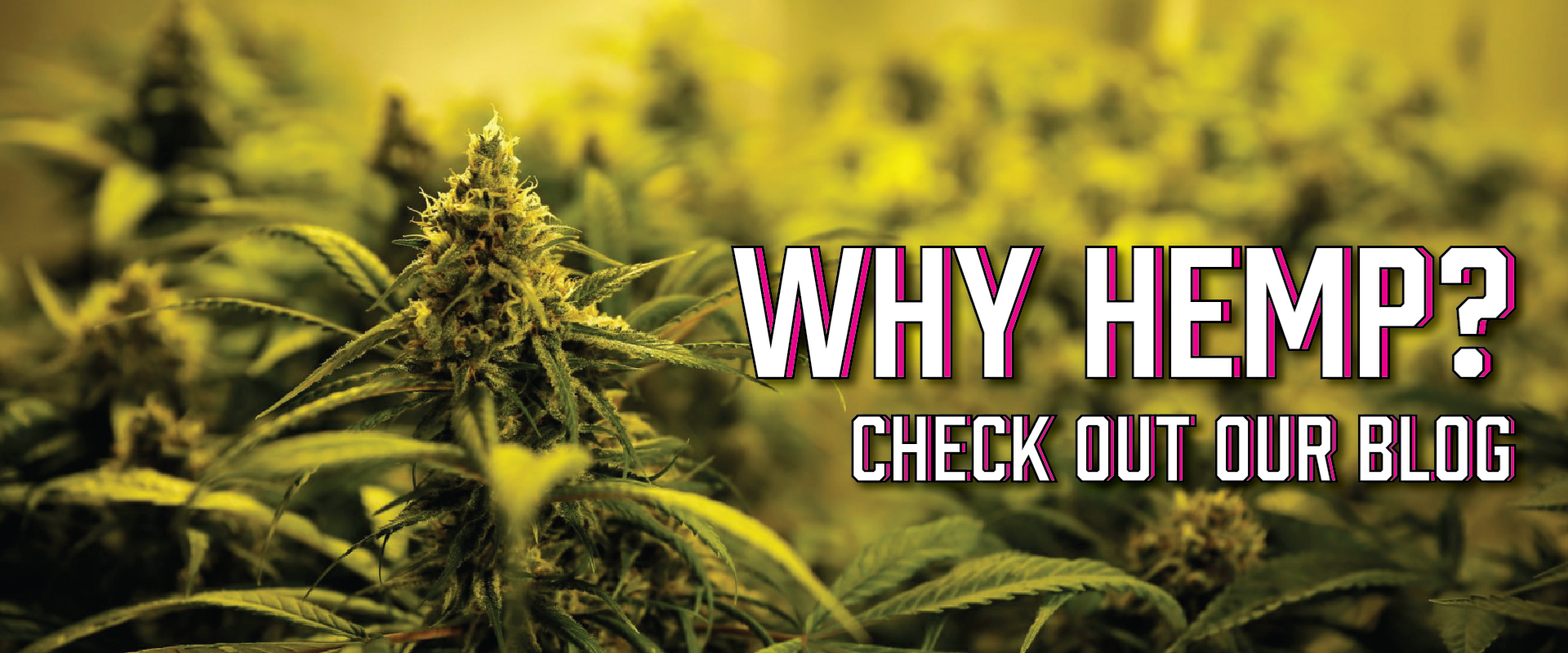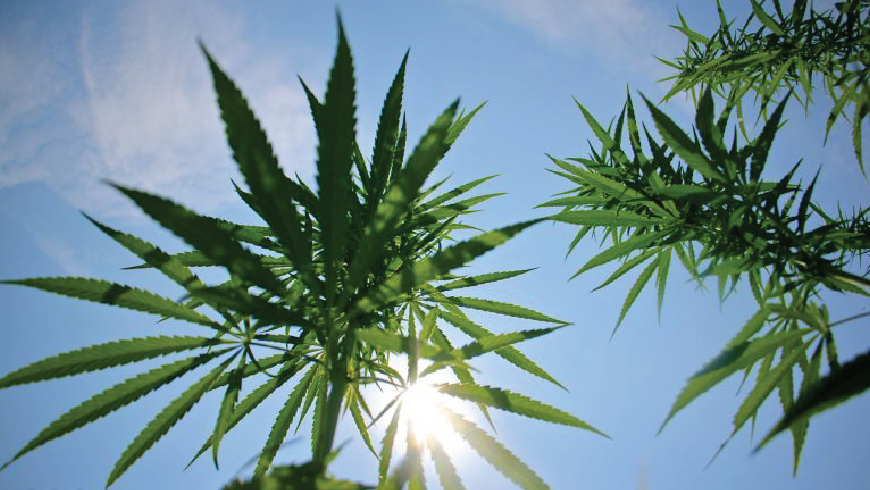Hemp is one of the fastest-growing plants, reaching full-maturity in just three to four months. Its uses spread far and wide, including food, clothing, shoes, cosmetics, textiles, rope, paper, insulation, wall construction, bioplastic and biofuel.
Food
Hemp seeds are a versatile food to consume. They can be eaten raw, or cooked or roasted. When eaten, the hemp plant-based protein provides all nine of the essential amino acids our body needs as well as omegas 3, 6 and 9. High in fibre, the nutty-flavoured whole hemp seeds support a healthy gut and digestive system (it’s the shell that’s fibre-rich, so you won’t gain much fibre eating hulled hemp seeds). In addition, hemp can improve the health of your brain and heart. Other vitamins and minerals hemp seeds provide magnesium, zinc, iron and Vitamin E.
Health
CBD oil is a very versatile substance for all manner of contraindications. It can act as a pain reliever, reduce anxiety and help nausea subside. There is also some evidence that CBD oil protects the nervous system and reduces symptoms of PMS and the menopause. Hemp seeds aid healthy cholesterol and blood-sugar levels and support our immune systems, as well as being anti-inflammatory (making them ideal for recovery from sports injuries). Similarly, hemp seeds reduce muscle fatigue, fight against oxidative damage, support cardiovascular health and enhance the blood flow around the body.
Cosmetics
By distilling the flowers and the upper leaves, hemp essential oil can be created and used to perfume cosmetics, soaps, candles and perfume. Hemp creams and lotions effectively help skin conditions such as eczema, psoriasis, inflammation and rashes.
Building Materials
Hemp is considered just as strong as concrete but more malleable. A ‘naturally renewable’ product, it is also non-toxic and mould-, insect- and fire-resistant, meaning it’s a viable alternative to plastic fibreglass and carbon fibre. Hemp is also lighter, stronger and cheaper than other building resources and is even recyclable!





